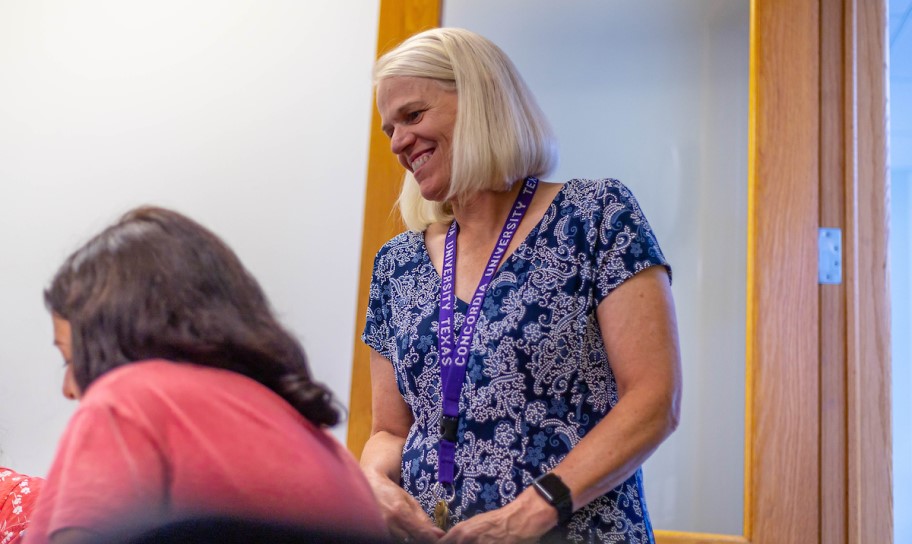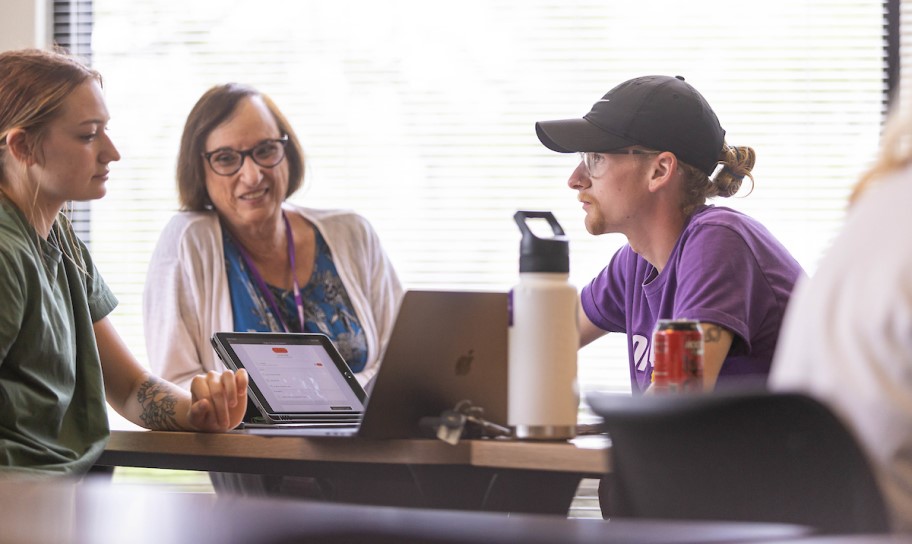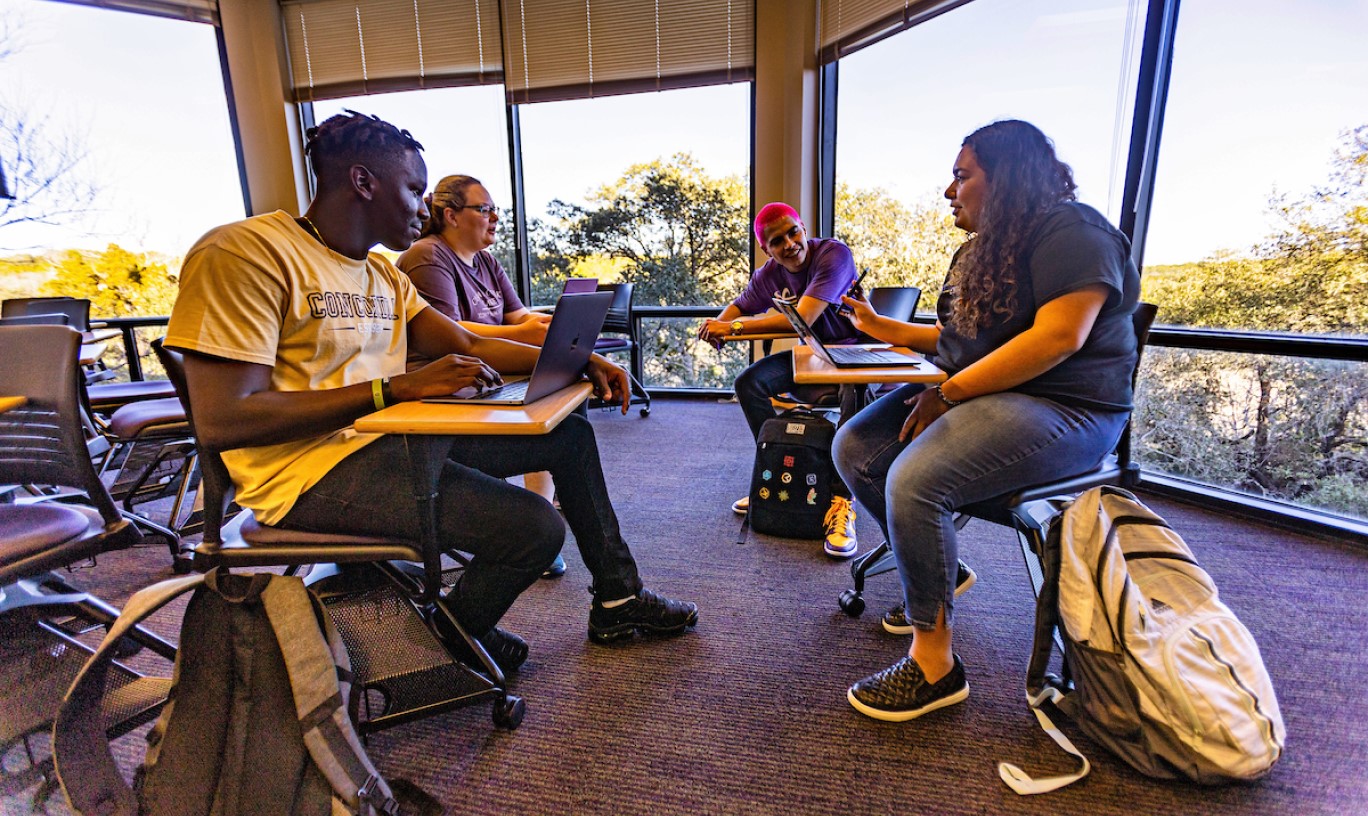Behavioral Sciences at Concordia University Texas
Concordia Texas offers a distinctive Behavioral Sciences program that explores the complexities of human behavior through the lens of both psychology and sociology. Our small class sizes provide a collaborative environment, giving you direct access to professors with practical experience. The curriculum, featuring courses such as Introduction to Social Work and Sociology of Children and Childhood, develops crucial skills in critical thinking and problem-solving. What sets us apart from other universities is the integration of learning with a faith-based environment, offering a unique perspective. With service and internship opportunities in Austin, you'll apply your knowledge in real-world scenarios, preparing for a meaningful career contributing to positive change.
The Behavioral Sciences major is adding a new track in Fall 2024 that will prepare students to become Child Life Professionals, individuals who work with children and families when a child is experiencing illness, injury, or treatment. These professionals work in hospitals, clinics, and a variety of other settings and work closely with doctors, nurses, and social workers. Through the Behavioral Sciences major, students will be able to complete the coursework which is required on the path to becoming a certified Child Life Professional.
Practical Application and Hands-On Experience
Small Class Sizes and Personalized Instruction
People-Centered Career Opportunities
Explore the intricacies of human behavior in the Behavioral Sciences program at Concordia Texas. Apply now to start your journey towards a meaningful academic experience equipped with practical skills and a unique perspective.
APPLY NOW
Transferable Skills
Develop critical thinking, problem-solving, and effective communication skills, preparing you for a variety of careers.

Service and Internship Opportunities
Gain valuable real-world experience through internships with Austin-based human service agencies, nonprofit organizations, and advocacy groups.

Expert Faculty
Access professors with a blend of research and practical experience, providing a rich learning environment.
Take advantage of the opportunity to understand and shape human behavior. Apply now to the Behavioral Sciences program at Concordia Texas.
APPLY NOW- Case Manager
- Corporate Coach
- Counselor
- Child Life Professional
- Child Advocate
- Market Researcher
- Mediator
- Nonprofit Manager
- Ministry Role
- Social Worker
“The culture at Concordia Texas encouraged me to truly observe the world around me. Whether through the beautiful campus, coursework, extracurricular activities, or the people I interacted with, I was always encouraged to make an impact in my community.”
Apply now for a unique blend of practical skills and tailored learning that prepares you for impactful contributions in the field.
APPLY NOWCTX Blog Posts






